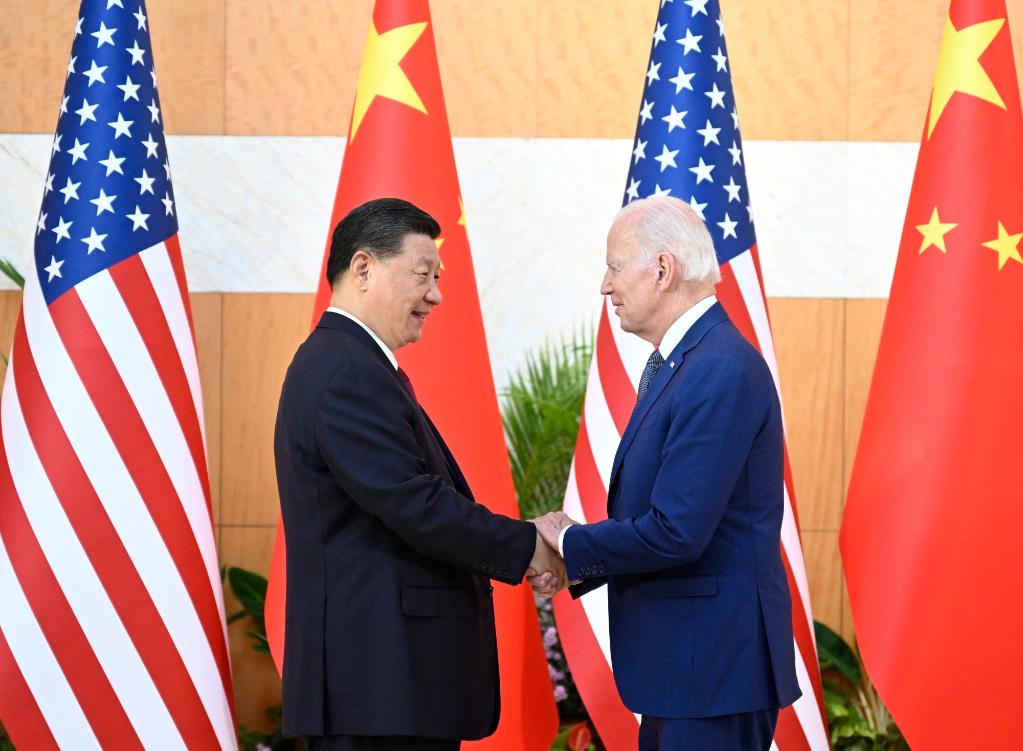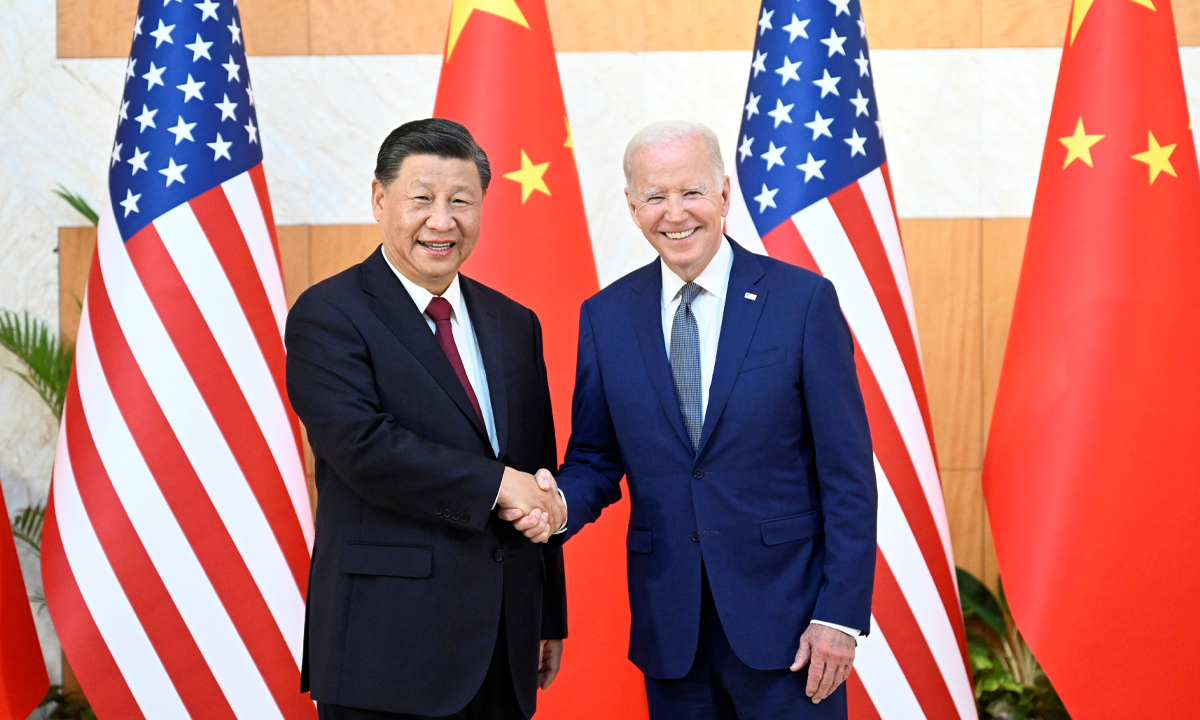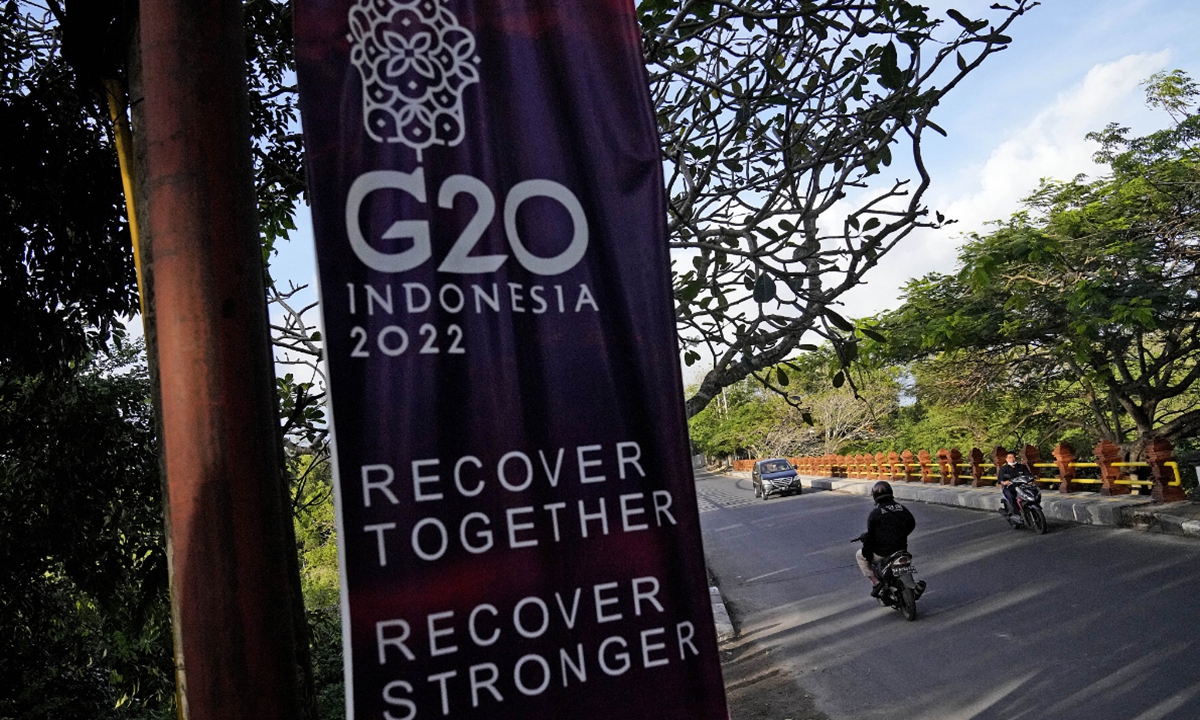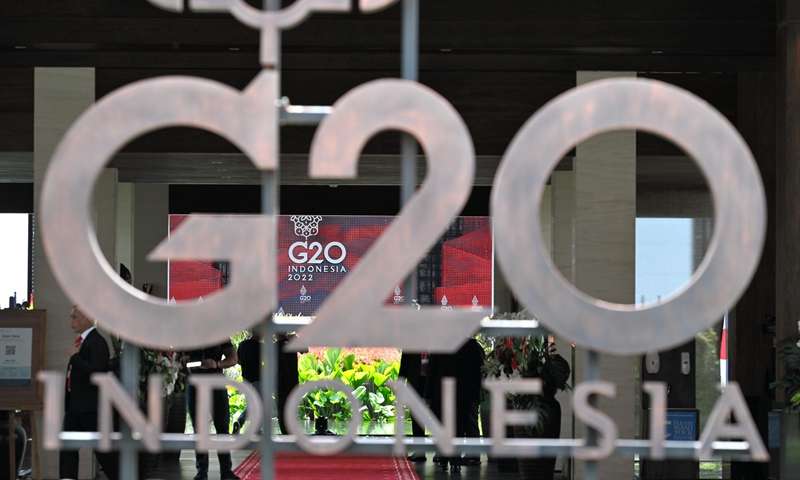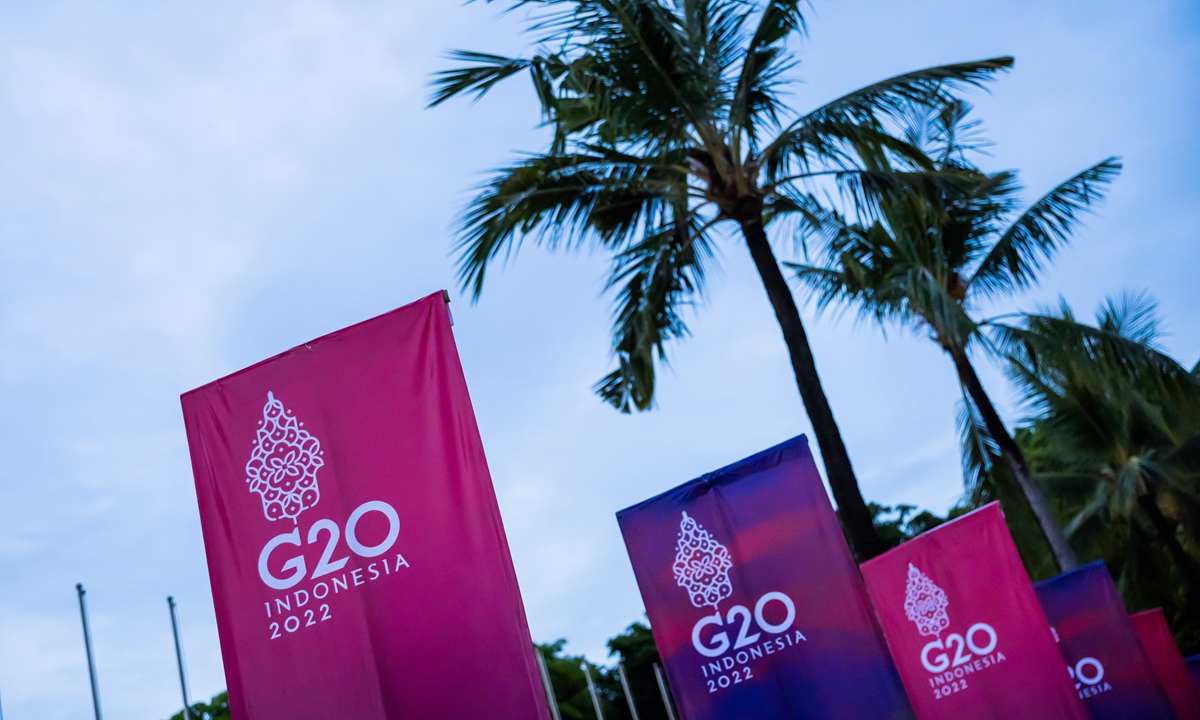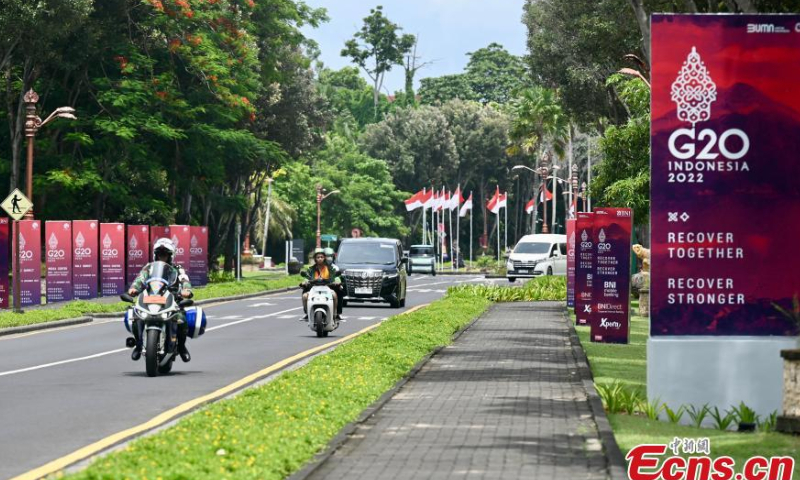China seems to be winning the tariff war even as Trump threatens to impose a massive increase of tariffs on Chinese imports in response to the republic's announcement of new export controls on rare earths. — Getty Images/AFP
South-east asia, once only a bruising trade war’s secondary victim, should now have asean showing its mettle as china wins.
BEYOND multiple global uncertainties are two core fundamentals: Us-china relations being the world’s most important bilateral relationship, and economics determining much of everything else.
This makes the trade war between the world’s two biggest economies pivotal to all. Multiple spheres in various regions are impacted accordingly.
That much is the main plot in today’s geopolitics. Problems tend to arise when the script is amended without warning, explanation or acknowledgement.
US President Donald Trump has sought a personal meeting with Chinese President Xi Jinping since last year, but that will happen only next year. Why does it take two years for such a crucial event to occur?
It is precisely because of the summit’s importance that it has to take so long. Unlike MOUS, summits do not set the tone of an intended agreement but to cap what has already been agreed.
Transnational deals are too important to be left to formal summits with their pomp and pageantry. The serious business of negotiations by government experts and specialists differs vastly from the PR theatre of official photo opportunities.
The months and years between signalling interest in a summit and actually holding it are for senior officials to work out sufficiently agreeable terms to constitute a deal. That period of talks by officials began informally last year between the incoming US administration and China’s incumbent team.
It is a period now effectively coming to a close in ending the trade war, but still only unofficially. The basic agreement that is now done in all but writing has the US broadly conceding to China’s terms.
China is the only country that has pushed back on Trump’s tariffs, with resounding effect as recent events show.
After Commerce Secretary Howard Lutnick’s grating condescension about supplying China with only Nvidia’s sub-par microchips, Beijing blocked all of Nvidia’s chips. Nvidia boss Jensen Huang said China’s own chip development is only “nano seconds behind” his company’s best products.
In agriculture, China has stopped buying US soybeans for supplies from Brazil and elsewhere. With US farmers devastated, China again demonstrated considerable leverage.
With Trump clamping down on countries buying Russian and Iranian oil and gas, India was hit with high additional tariffs, but not China. Instead, China raised Russian gas supplies with the Power of Siberia (POS) pipeline and now also POS 2.
China is also importing more than a million barrels of Iranian oil daily, amounting to almost 90% of Iran’s output. These major purchases were never going to be impacted by US restrictions.
Trump declared victory on Tiktok but it was a net gain for China. Beijing refused to sell Tiktok’s proprietary algorithm, the heart and brain of the winning platform.
A copy of the original algorithm was supplied to US investors, and China’s Bytedance owns just under 20% of US Tiktok – yet is entitled to 50% of US profits. US negotiators must have realised that was the most they could get from China’s tough bargaining position and accepted it.
China has introduced new restrictions on rare earth exports, launched an antitrust probe into US chip giant Qualcomm, and will raise port fees for US ships in return. In virtually every sector China is fighting back through tit-for-tat action and new policies.
If there is still any doubt that China is leading the charge of what remains of the trade war, its use of carrots and sticks to access the US market confirms it. Beijing has offered more than a trillion dollars (RM4.2 trillion) of investment in the US through Chinese companies admitted there.
These could include Chinese electric vehicle companies, which Trump last year said he would invite to the US to provide jobs. Only the stronger economy can dish out inducements of such proportions to the relatively subordinate economy.
Such is the substance of a negotiated trade peace. Ultimately, Trump is less concerned about what actually makes a trade victory than what can be interpreted and portrayed as his personal triumph.
He is anxious to gain snatches of a win between trade skirmishes, however fleeting or questionable, and China is only too happy to provide them to win the trade war. More of this can be expected at next year’s summit.
Meanwhile, Louis Gave of Hong Kong’s Gavekal Research has declared China’s trade war victory. South-east Asia should likewise flip the old script to its favour.
Asean countries are not just collateral economies subjected to the whims of a trade conflict. When China takes a beating, South-east Asia was assumed to be beaten also.
But the US still hopes to obtain from this region what it failed to get from China. To do this it needs to keep up appearances that it is winning over China as the centre of global supply chains.
Asean can call that bluff to protect itself.
Repated posts|:
- https://bbc.com/news/articles/crrj1znp0pyo Anthony Zurcher North America correspondent and James FitzGerald Watch: What could happen du...




